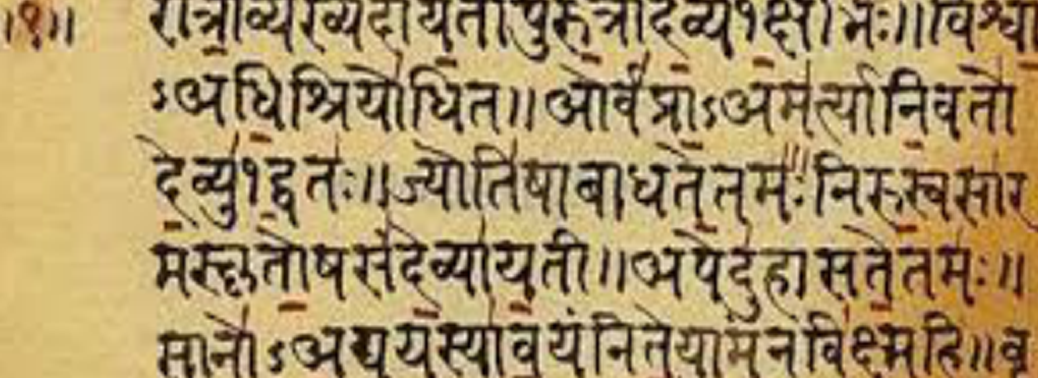CENTRAL SANSKRIT UNIVERSITIES BILL, 2019
18, Mar 2020

Prelims level : Policies
Mains level : GS-II Government policies and interventions for development in various sectors and Issues Arising out of their design and implementation.
Why in News?
- Recently, a Bill to grant the status of Central universities to three deemed Sanskrit universities were passed by the Rajya Sabha.
About the bill:
- The Bill is intended to convert India’s three deemed-to-be Sanskrit universities into Central Sanskrit Universities.
- Rashtriya Sanskrit Sansthan, New Delhi.
- Shri Lal Bahadur Shastri Rashtriya Sanskrit Vidyapeeth, New Delhi.
- Rashtriya Sanskrit Vidyapeeth, Tirupati.
- What the universities will do?
- The proposed central universities will:
- disseminate and advance knowledge for the promotion of Sanskrit,
- make special provisions for integrated courses in humanities, social sciences, and science, and
- train manpower for the overall development and preservation of Sanskrit and allied subjects.
- Powers and functions:
- prescribing courses of study and conducting training programmes,
- granting degrees, diplomas, and certificates,
- providing facilities through a distance education system,
- conferring autonomous status on a college or an institution,
- providing instructions for education in Sanskrit and allied subjects.
- Some of the authorities that the universities will have:
- A court, which will review the policies of the university and suggest measures for its development.
- An Executive Council, which will be the principal executive body.
- The 15-member council will include the Vice-Chancellor appointed by the Centre, who will be the chairperson.
- The council will, among other functions, create teaching and academic posts and their appointment, and manage the revenue and property of the university.
- An Academic and Activity Council, which will supervise academic policies.
- A Board of Studies, which will approve the subjects for research and recommend measures to improve standards of teaching.
- Visitor of the universities:
- Like at all central universities, the President of India will be the Visitor of the central Sanskrit universities.
- He may appoint persons to review and inspect the functioning of the University.
- The Executive Council may take action based on the findings of the inspection.
These include:
What is the Issue?
- The government has been accused of neglecting other classical languages in India.
- Currently there are six languages that enjoy the ‘Classical’ status in India:
- Tamil (declared in 2004), Sanskrit (2005), Kannada (2008), Telugu (2008), Malayalam (2013), and Odia (2014).
- All the Classical Languages are listed in the Eighth Schedule of the Constitution.
About Classical Languages:
- The Ministry of Culture provides the guidelines regarding Classical languages.
- Guidelines for declaring a language as ‘Classical’ are:
- High antiquity of its early texts/recorded history over a period of 1500-2000 years;
- A body of ancient literature/texts, which is considered a valuable heritage by generations of speakers;
- The literary tradition be original and not borrowed from another speech community;
- The classical language and literature being distinct from modern, there may also be a discontinuity between the classical language and its later forms or its offshoots.
- Once a language is notified as a Classical language, the Human Resource and Development Ministry provides certain benefits to promote it:
- Two major annual international awards for scholars of eminence in classical Indian languages
- A Centre of Excellence for studies in Classical Languages is set up
- The University Grants Commission is requested to create, to start with at least in the Central Universities, a certain number of Professional Chairs for the Classical Languages so declared.






